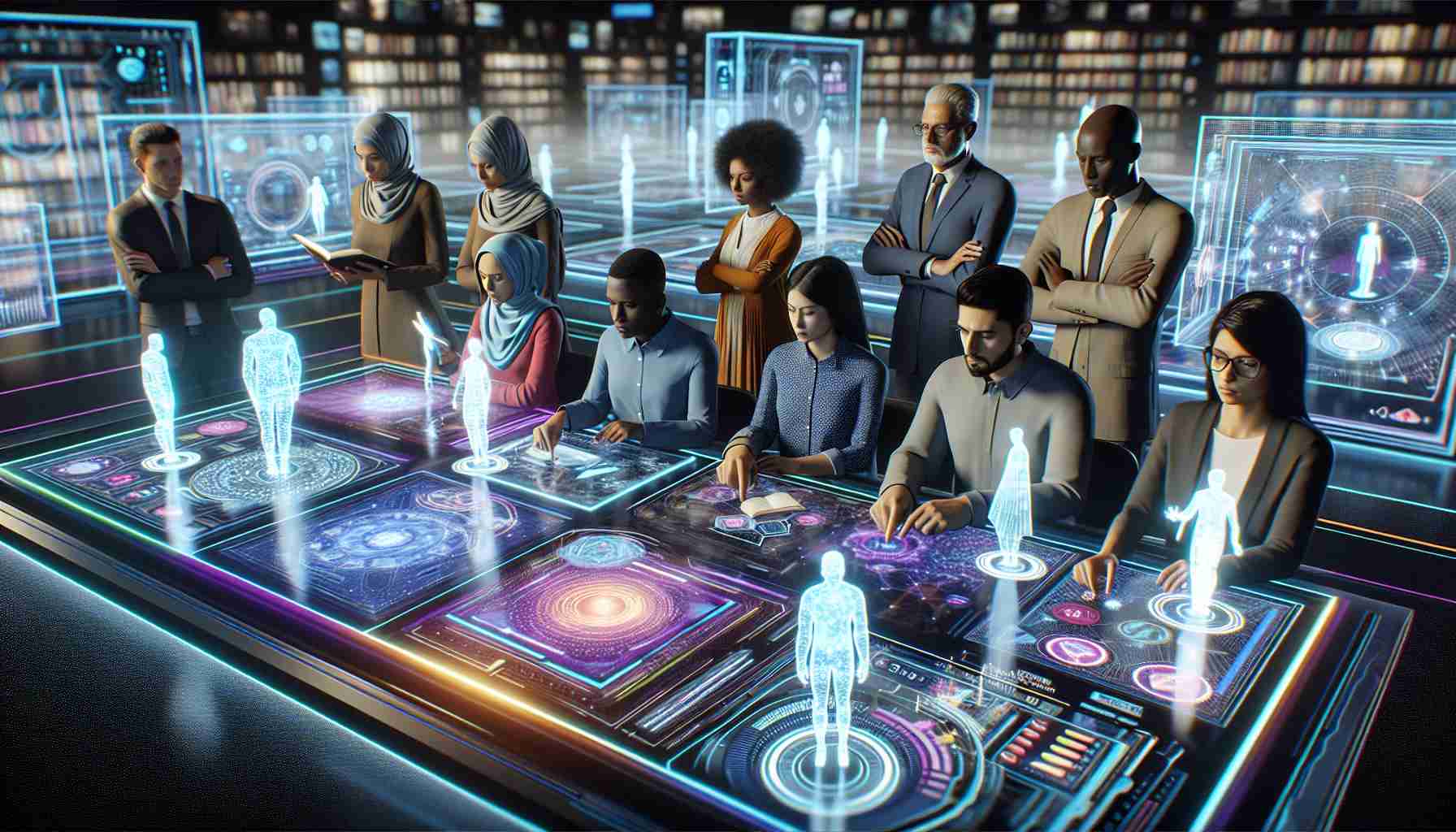The metaverse, a virtual reality space where users can interact with a computer-generated environment and other users in real-time, is transforming the way we interact, work, and socialize. At the forefront of this transformation is artificial intelligence (AI), which plays a crucial role in shaping the future of the metaverse.
AI in the metaverse goes beyond content creation, as it manages and runs the entire ecosystem effectively. With the help of AI Ops, the underlying infrastructure becomes manageable, and the storage and transmission of data are efficiently handled. AI brings a myriad of advancements that enhance the virtual reality experience.
One area where AI excels in the metaverse is in the creation of personalized and immersive experiences. By analyzing user preferences, behavior patterns, and context, AI can deliver tailored content and recommendations, revolutionizing industries such as gaming, entertainment, education, and communication. AI algorithms simulate realistic interactions with virtual characters, offering users a sense of immersion and presence. This technology can also adapt virtual environments in response to user actions, creating a more engaging and interactive experience.
In addition to improving user experiences, AI in the metaverse breaks down barriers and fosters inclusivity. It provides real-time language translation, ensuring that users who speak different languages can communicate effectively. AI also enables users with hearing and visual impairments to participate through image and object detection. By creating an inclusive environment, the metaverse becomes accessible to a wider audience.
While the potential of AI in the metaverse is immense, there are challenges that need to be addressed. Privacy and security concerns, regulation, synthetic humans, cyberattacks, harassment, and bullying are among the issues that require careful consideration.
Despite these challenges, the integration of AI in the metaverse holds promise for creating new forms of entertainment, communication, and collaboration in virtual reality. Companies like Facebook, Google, and Microsoft are investing heavily in research and development in this area, recognizing the transformative power of AI in the metaverse.
In conclusion, AI is revolutionizing the way we learn and train in the metaverse. By enhancing user experiences, breaking down barriers, and addressing challenges, AI is shaping the future of virtual reality, opening up a world of possibilities in education and beyond.
FAQ: AI in the Metaverse
Q: What is the metaverse?
A: The metaverse is a virtual reality space where users can interact with a computer-generated environment and other users in real-time.
Q: How does artificial intelligence (AI) contribute to the metaverse?
A: AI plays a crucial role in shaping the metaverse by managing and running the entire ecosystem effectively. It goes beyond content creation and helps with infrastructure management, data storage, and transmission.
Q: What advancements does AI bring to the virtual reality experience?
A: AI brings a range of advancements, including the creation of personalized and immersive experiences. By analyzing user preferences, behavior patterns, and context, AI can deliver tailored content and recommendations, enhancing industries such as gaming, entertainment, education, and communication.
Q: How does AI enhance immersion in the metaverse?
A: AI algorithms simulate realistic interactions with virtual characters, offering users a sense of immersion and presence. This technology can adapt virtual environments in response to user actions, creating a more engaging and interactive experience.
Q: How does AI foster inclusivity in the metaverse?
A: AI in the metaverse breaks down barriers and fosters inclusivity. It provides real-time language translation, enabling effective communication between users who speak different languages. AI also enables users with hearing and visual impairments to participate through image and object detection.
Q: What are some challenges associated with AI in the metaverse?
A: Challenges include privacy and security concerns, regulation, synthetic humans, cyberattacks, harassment, and bullying. These issues need careful consideration and management.
Q: Which companies are investing in AI research and development in the metaverse?
A: Companies like Facebook, Google, and Microsoft are investing heavily in AI research and development in the metaverse, recognizing its transformative power.
For more information on AI in the metaverse, you can visit the following link: Metaverse AI
The source of the article is from the blog toumai.es

